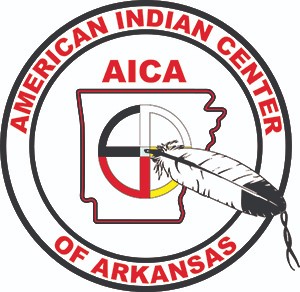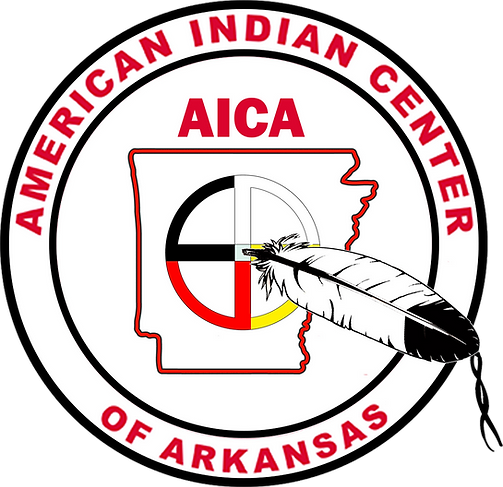Orange Shirt Day, also called National Day for Truth and Reconciliation or National Day of Remembrance, is observed yearly on September 30 in Canada and the United States. The Day extends from the St. Joseph Mission Residential School Commemoration Project and Reunion events orchestrated by Chief Fred Robbins that took place in Williams Lake, BC, Canada, in May 2013. The project gathered former students and their families, local officials, and civic organizations to listen to and commemorate the experiences and journeys of survivors and their families and to commit to the continuing process of reconciliation.
Starting in the 19th century, the Canadian and U.S. governments and various church groups established residential (or boarding) schools for Indigenous children with the goal of assimilating them and thus eradicating Indigenous Peoples, their languages, and cultures. In 1920 in Canada, under the Indian Act, it became compulsory for every Indigenous child to attend a residential school and unlawful for them to attend any other educational institution. In the U.S. the Indian Civilization Act Fund of 1819, the Peace Policy of 1869, and various denominations of the Christian Church adopted an Indian boarding school policy with the goal to “Kill the Indian, save the man”. These children were forcibly removed from their families, communities, and cultures and kept in residential schools where they were expected to assimilate (cut their hair, abandon traditional clothing, give up their names and take on English names) and were penalized for speaking their languages and practicing their cultural beliefs. Children were separated from their families for long periods (sometimes over four years) and were taught their cultures were inferior. In addition to cultural genocide, residential schools were also the sites of horrific physical, sexual, and emotional abuse perpetrated against these children.
From the 1880s, upwards of 150,000 Indigenous children went to over 130 residential schools across Canada, the last of which closed in 1996. It is estimated that between four and six thousand children died at these residential schools. Between 1819 and 1969, the U.S. operated or supported 408 boarding schools. At the time of a 1969 report, 34,605 children were enrolled in Bureau of Indian Affairs (BIA) boarding schools and 15,450 enrolled in BIA day schools. Since its start in June 2021, the Federal Indian Boarding School initiative has identified marked or unmarked burial sites at approximately 53 of these schools.
Orange Shirt Day initiated, and continues to allow for, conversations about residential schools on an international scale, and allows for meaningful discussions of the impacts and legacies of residential schools. The orange shirt, inspired by Phyllis (Jack) Webstad’s experience of having her orange shirt, given to her by her grandmother, taken away upon arrival to the Mission school. The orange color reminded Webstad of her experience and “how my feelings didn’t matter, how no one cared and how I felt like I was worth nothing. All of us little children were crying and no one cared.”
This year Canada will hold its fourth statutory holiday observation of Orange Shirt Day to commemorate the missing and murdered children from residential schools and honor the healing journeys of residential school survivors.
While Orange Shirt Day started in Canada, it is also observed in the United States and has a growing global impact. Cultural Survival joins First Nations in Canada and Native communities in the United States in mourning the deaths and abuse of generations of Indigenous children at residential and boarding schools, as well as honoring their stories and the healing of survivors. We join in collective calls to action — the implementation of all 94 recommendations from the Truth and Reconciliation Commission in Canada, and the operationalization of the UN Declaration on the Rights of Indigenous Peoples in Canada, particularly Article 7, which states: “Indigenous Peoples have the collective right to live in freedom, peace and security as distinct peoples and shall not be subjected to any act of genocide or any other act of violence, including forcibly removing children of the group to another group.” Cultural Survival also joins in the calls asking Pope Francis to commit resources for justice, reconciliation, healing initiatives, and returning Indigenous lands.
This September 30 and throughout the year, learn about the painful experiences and legacies of residential schools in Canada and the U.S. from survivors, their families, and organizations; show your support for Truth and Reconciliation by wearing orange (and supporting Indigenous organizations, causes, or artists); and act on what you’ve learned by educating your family, friends, and communities; contact your governmental leaders to ask what actions they are taking on the 94 Calls to Action of the Truth and Reconciliation Commission; and support Indigenous activists, artists, creators, and businesses.
Today and every day, we encourage you to learn whose lands you reside on, learn local Indigenous histories, support and resource Indigenous leadership and organizations, buy from Indigenous business owners and artists, and share what you have learned with your communities and networks.






